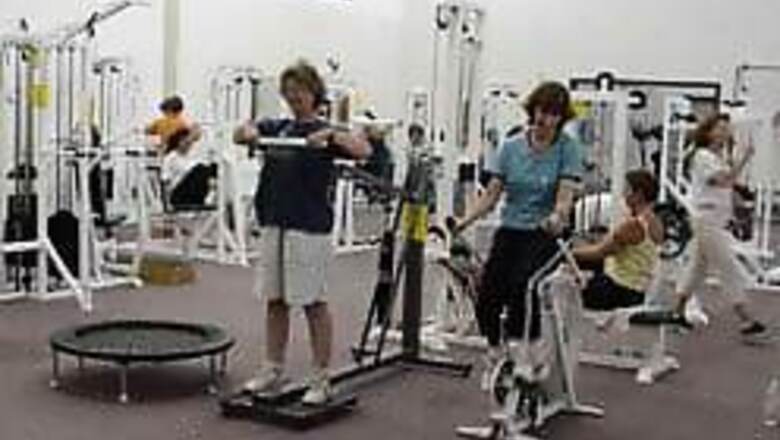
views
New York: Findings from a new study using 24-hour blood pressure monitoring confirm that physical activity reduces blood pressure in patients with high blood pressure,
Their blood reduces even when they're taking medicines to address this problem.
As reported in the Clinical Journal of Sports Medicine, Dr Domenico Di Raimondo, from Universita degli Studi di Palermo in Italy and colleagues assessed the blood pressure effects of a six-week fast-walking program in 168 patients with high blood pressure.
To be eligible for the study, subjects needed to have systolic (the upper number on a standard reading) and diastolic (the lower number) blood pressures between 140 and 159, and 90 and 99 millimeters of mercury (mmHg), respectively.
In addition, all of the subjects who received medications for their high blood pressure were not obese and did not have any disease that limited their mobility.
The fast-walking sessions, which took place three times a week, on average, were conducted under the guidance of an experienced physiotherapist, according to the report.
After the exercise program, the average systolic blood pressure fell from 143.1 to 135.5 mmHg, the report indicates.
At the same time, diastolic pressure dropped from 91.1 to 84.8 mmHg.
Contrary to some other reports suggesting that exercise reduces blood pressure to a greater extent in women than in men, no gender-based differences were found.
These results support exercise training as an important part of the treatment of individuals with mild elevations in blood pressure, in addition to drug therapy, the authors conclude.


















Comments
0 comment